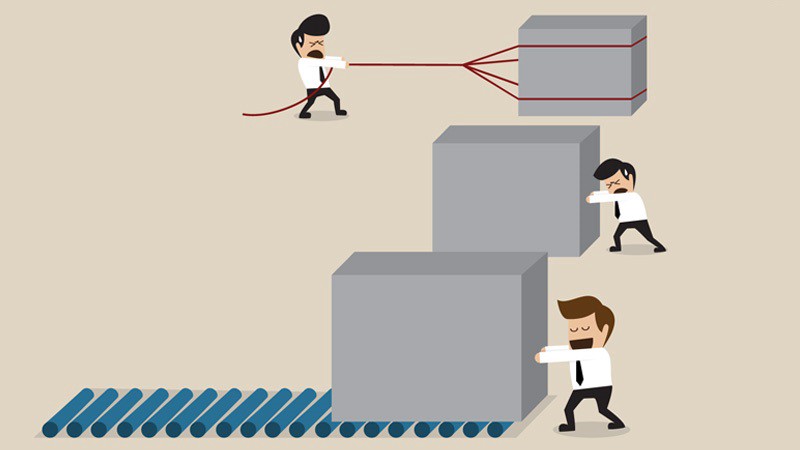Time management seems to be one of the most challenging tasks for students these days, especially since education is not just about studying hard to get stellar grades. Students today need to learn how to juggle leadership positions, extra-curricular activities, learn to participate and organise events in school and perform well in academics as well. The education system is vastly different today as compared to how it was a decade or so ago.

Students these days opt for online tuition as it helps save more time and eliminates the hassle of travelling back and forth from a tuition centre. Students also consider options like group studying so that more gets done within a short period of time. There are so many more things that students try to incorporate into their routine so as to make better use of their time.
However, many students still struggle with this as they are unsure of how to implement their ideas effectively in order to maximise their productivity.
SMART WORK
You need to find ways to increase efficiency instead of piling up undue workload which may not value-add to your learning. Smart work is the key to making good use of your time. When you add up the minutes that gets wasted with an inefficient work ethic, you will realise that you can actually save yourself a couple of hours, should you follow an efficient work schedule.

Smart work essentially means that you engage yourself in active learning instead of passive learning during your study sessions, you prioritise your tasks and complete them accordingly, and you create a list (not an over-ambitious one) and try your best to stick to that. This takes time for one to figure out what works and what doesn’t, mainly because everyone is different and there is no right or wrong way.
IDENTIFY YOUR DISTRACTIONS
Your source of distraction might be a television show, it might be your mobile phone, your siblings, friends, food, story book, or even a bad habit like multi-tasking. Whatever it may be, the first thing to do is to identify it and to admit that it is a distraction to begin with. Step 2 would then be to take the appropriate steps to ensure that your source of distraction is slowly pushed away from you.
For example, if your phone is a distraction, you can off your notifications or switch off your phone and hand it over to someone else till your work gets done. You could use your distractions as your incentives instead! For example, tell yourself that you can watch 15 minutes of your favourite Netflix show after your 45-minute study session. Using study strategies like pomodoro technique might help you cope with your distractions in a healthier way.
LENGTHEN YOUR DAY
This seems like an odd piece of advice but give this a little more thought! Everyone has the same 24 hours in the day, but how is it possible that some are able to get more done than others? The answer lies in the number of hours they allocate for themselves to get work done. If you are naturally a person who seems to be an early bird, keep up with that habit and try to wake up before sunrise and go to bed early after having an early dinner.
For those who are what we call night owls, it will be best to change this habit and try to wake up earlier. Although you may claim that studying at night is the best for you, there are no studies with concrete evidence to scientifically prove the benefits of pulling all-nighters. In fact, there are harms associated with disrupting one’s circadian rhythm. Any good habit can only be cultivated with practice and patience.
All in all, it is important for you to learn to prioritise your tasks; identify which one in your to-do list is a little more time-sensitive or which task needs a little more attention and effort to get it done. Falling behind on your schedule is absolutely normal and you should never beat up yourself about it. Practice self-discipline, change some of your habits which may be causing you setbacks, and find your own unique ways to increase your efficiency and productivity!

